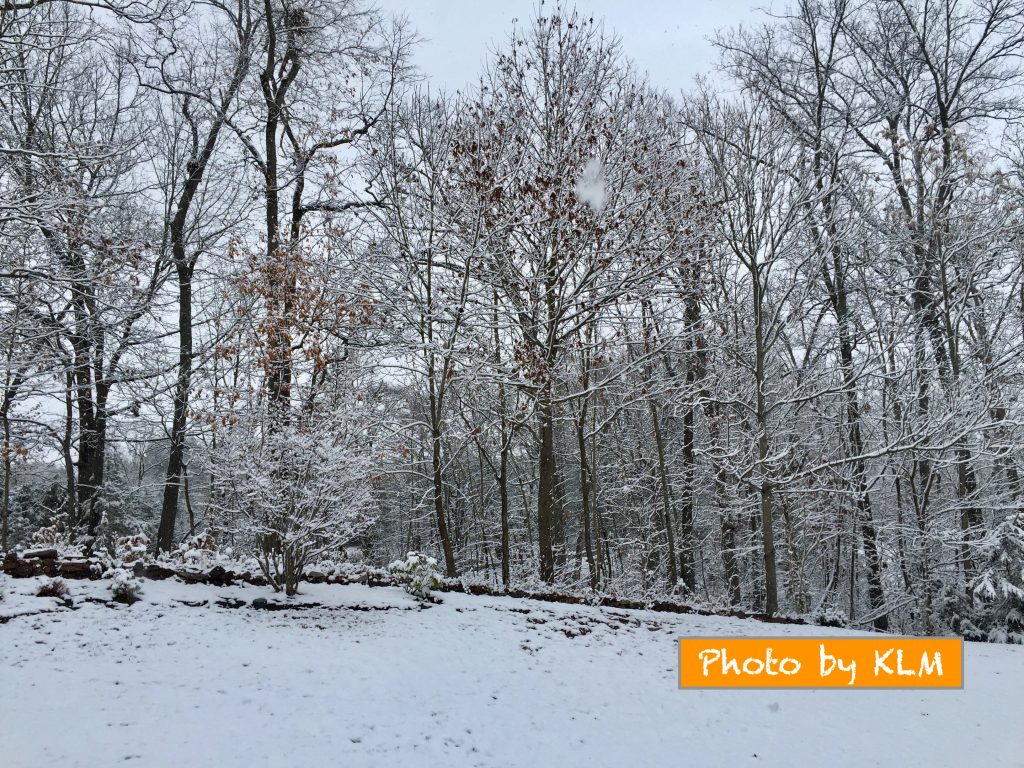Weather Talk in Korean Posted by Kyung-Hwa on Dec 20, 2017 in Korean Language, Vocabulary
What’s the weather like where you are? Weather is an important part of our lives. The weather affects on how we dress, when we plan a trip, or sometimes how we feel depending on the weather conditions. Therefore, knowing how to talk about the weather in Koran can be a great conversation starter. This post is about the names of each season and weather related vocabulary in Korean.
As I mentioned in this post, Brrr! Winter in South Korea, Korea has four distinctive seasons. Whether you are staying in Korea now, or are planning a trip to Korea in the future, the following list of vocabulary will be useful to talk about the weather conditions in the Korean language.
How do you say each of the four seasons in Korean?
- 계절 (season)
- 봄 (Spring)
- 여름 (Summer)
- 가을 (Fall)
- 겨울 (Winter)
How about the weather related nouns?
- 날씨 (weather)
- 눈 (snow)
- 비 (rain)
- 해 (sun)
- 구름 (cloud)
- 안개 (fog)
- 천둥 (thunder)
- 번개 (lighting)
- 장마 (rainy season)
The followings are common phrases that you can use to describe the weather conditions in Korean.
- 날씨가 어때요? (How’s the weather?)
- 겨울 날씨가 어때요? (What’s the winter weather like?)
- 내일 날씨가 어때요? (What’s the weather like tomorrow?)
* 내일 means tomorrow in Korean.
- 날씨가 좋아요. (The weather is good.)
- 날씨가 나빠요. (The weather is bad.)
- 날씨가 맑아요. (It’s sunny.)
- 겨울은 추워요. (Winter is cold)
- 너무 추워요. and 많이 추워요. (It’s too/very cold.)
* 너무 and 많이 means too/very in Korean.
- 여름은 더워요. (Summer is hot.)
- 너무 더워요. (It’s too/very hot.)
- 눈이 와요. (“It snows.” or “It’s snowing.” depending on the context)
- 비가 와요. (“It rains.” or “It’s raining.” depending on the context)
- 바람이 불어요. (“It’s windy.”)
I am experiencing the winter weather right now, so it is very cold outside. I am ready to grab a blanket to cozy up with a toasty hot chocolate or a nice cup of coffee, and enjoy the bone chilling weather outside.
- 너무 추워요. and 많이 추워요. (It’s too/very cold.)
- 눈이 와요. (“It snows.” or “It’s snowing.” depending on the context)
- 바람이 많이 불어요. (“It’s very/too windy.”)
날씨가 어때요? (How’s the weather?) What is the weather like where you are now?
감사합니다! (Thank you!)
- 계절 (season)
- 봄 (Spring)
- 여름 (Summer)
- 가을 (Fall)
- 겨울 (Winter)
- 날씨 (weather)
- 눈 (snow)
- 비 (rain)
- 해 (sun)
- 구름 (cloud)
- 안개 (fog)
- 천둥 (thunder)
- 번개 (lighting)
- 장마 (rainy season)
- 날씨가 어때요? (How’s the weather?)
- 겨울 날씨가 어때요? (What’s the winter weather like?)
- 내일 날씨가 어때요? (What’s the weather like tomorrow?)
* 내일 means tomorrow in Korean.
- 날씨가 좋아요. (The weather is good.)
- 날씨가 나빠요. (The weather is bad.)
- 날씨가 맑아요. (It’s sunny.)
- 겨울은 추워요. (Winter is cold)
- 너무 추워요. and 많이 추워요. (It’s too/very cold.)
* 너무 and 많이 means too/very in Korean.
- 여름은 더워요. (Summer is hot.)
- 너무 더워요. (It’s too/very hot.)
- 눈이 와요. (“It snows.” or “It’s snowing.” depending on the context)
- 비가 와요. (“It rains.” or “It’s raining.” depending on the context)
- 바람이 불어요. (“It’s windy.”)

Build vocabulary, practice pronunciation, and more with Transparent Language Online. Available anytime, anywhere, on any device.





Comments:
Erin:
Great list! I would love it if you could do a section where we guess how to say it and then we can check our answers. Nevertheless, great website! 감사합니다~~
Kyung-Hwa:
@Erin 안녕하세요! (Hello!)
Great suggestion ^___^
I will try to incorporate your suggetion into my future postings.
감사합니다. (Thank you.) ^___^